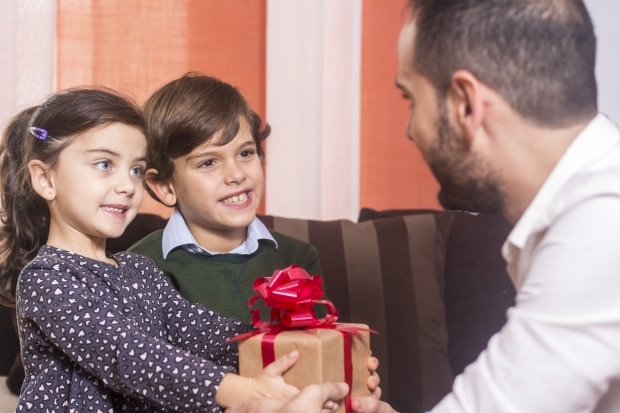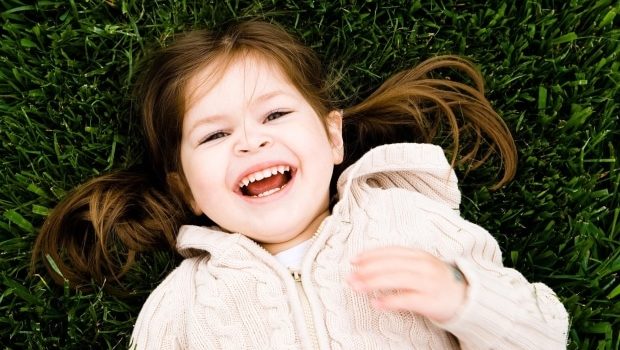The Aftermath – How To Speak To Your Child About Terrorism
On Friday, 13 Nov 2015, Islamic terrorists staged coordinated attacks in Paris killing at the time of publishing 129 people. Our hearts and prayers go out to our French friends. We stand with you in this time of national and personal loss. I personally found this tragic and senseless loss of life deeply troubling. I did find comfort in a tweet from the Elysee Palace,
According to Gianna Daly, Head of Clinical Services at (Britain’s leading charity for bereaved children), “It’s a natural reaction to want to spare children from learning how the deaths happened by making up another explanation.” Gianna goes on to say, “But when a story… quickly becomes public knowledge, you will probably prefer the children hear the news accurately and calmly from you rather than from rumor or from another child in the playground.”
Gianna adds identifying what happened after the attacks – the closing of the borders to prevent the entry of more terrorists into the country, raising the level of security to protect people and using military reinforcements to support the hunt for additional attackers – will hopefully help to reassure your child. In today’s world, parents are faced with the challenge of explaining and speaking to your child about terrorism.
Although difficult, these conversations are extremely important. They give you an opportunity to help your children feel more secure and understanding of the world in which they live. The following tips can be helpful to parents speaking to your children about terrorism:
- Listen
- Make sure they’re ready to talk about things – don’t force it. Allow your child to bring up the subject with you at a later time when they’re ready.
- Start by asking your child what they understand about the attack. Let their understanding guide you in how much they want to know and what they’re already thinking about.
- Give them a chance to say how they’re feeling. Acknowledge and support your child’s thoughts, feelings and reactions. Let your child know you think their questions and concerns are important.
- Help your child express themselves if they’re having difficulty talking about their thoughts, feelings or fears. They may be more comfortable drawing pictures, playing with toys, or writing stories or poems directly or indirectly related to current events. Some children may want to write letters to their Congressman, Governor, President or to grieving families.
- Make sure they’re ready to talk about things – don’t force it. Allow your child to bring up the subject with you at a later time when they’re ready.
- Teach
- Point out to your child the overwhelming majority of people in the world condemn any act of violence and terror. Share with your child you may not agree with someone else’s ideas, but you cannot hurt them for expressing them. Remind your child, no matter what age they are, that most people in the world are good and kind.
- Avoid stereotyping groups of people by race, nationality or religion. Teach tolerance and explain prejudice. Help them understand they may not agree with someone else’s ideas but it doesn’t give permission to hurt them for expressing them.
- Remember children learn from watching you. Let your kids know how are you are feeling. It’s OK to share with them if you’re anxious or worried about events. Of course, remember not to burden them, they’re not your therapist.
- Respond
- Use words and ideas your child can understand. Your explanation should be appropriate to your child’s age and level of understanding. Don’t overload a child with too much information.
- Give your child honest answers and information. Kids can usually tell if you’re not being honest.
- Coordinate information between home and school. You should know about activities and discussions at school. Teachers should know about the child’s specific fears or concerns.
- Be prepared to repeat explanations or have several conversations. Some information may be hard for your child to accept or understand. Asking the same question over and over may be your child’s way of asking for reassurance.
- Be accepting of your child’s way of handling events.
Even adults have difficulty understanding or accepting terrorism. Understandably, many children especially young kids feel confused, upset and anxious. Parents, teachers and caring adults can help by listening and responding in an honest, consistent and supportive manner. Most children, even those exposed to trauma, are quite resilient. Like most adults, they can and do get through difficult times and go on with their lives. By creating an open environment where they feel free to ask questions, parents can help them cope and reduce the possibility of emotional difficulties.
Here are some ways you can help those affected by the attacks:
Donate to the Red Cross which quickly mobilized volunteers.
Donate to Doctors Without Borders.
Donate to local French charities, Secours Catholique-Caritas France and the French Secours Populaire, which both provide aid during emergencies in the country.
In the U.S., people are offering their homes to French nationals stranded after France’s borders closed and many flights were delayed with the social media hashtag #strandedinUS. In Paris, Parisians are opening their homes to those in need with the hashtag #PorteOuverte.






